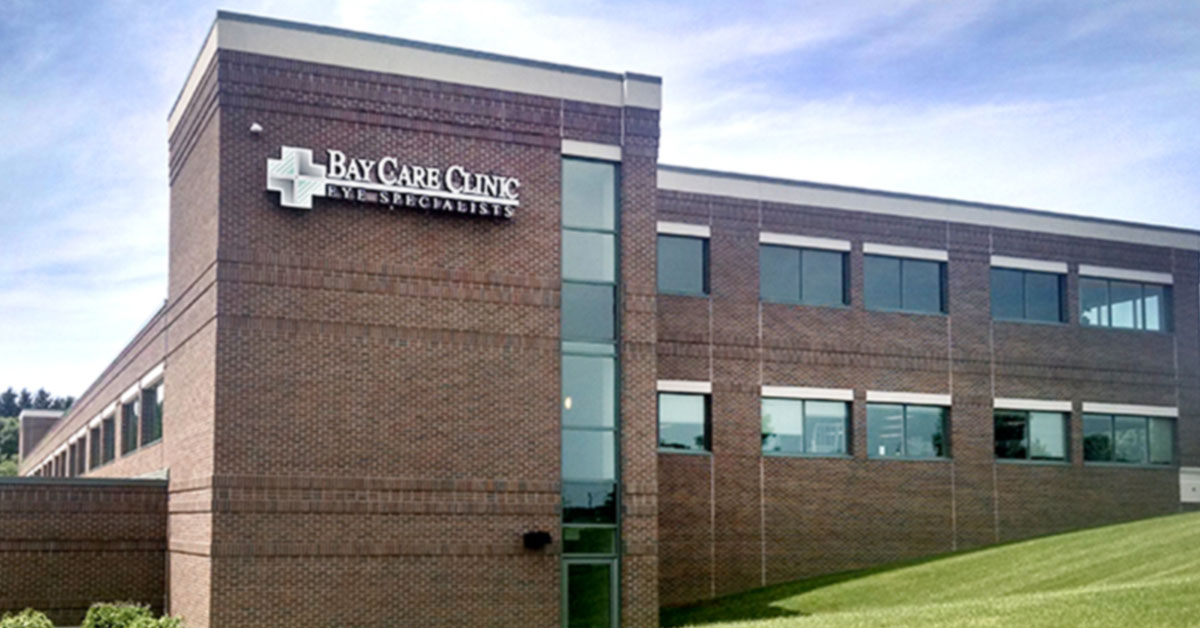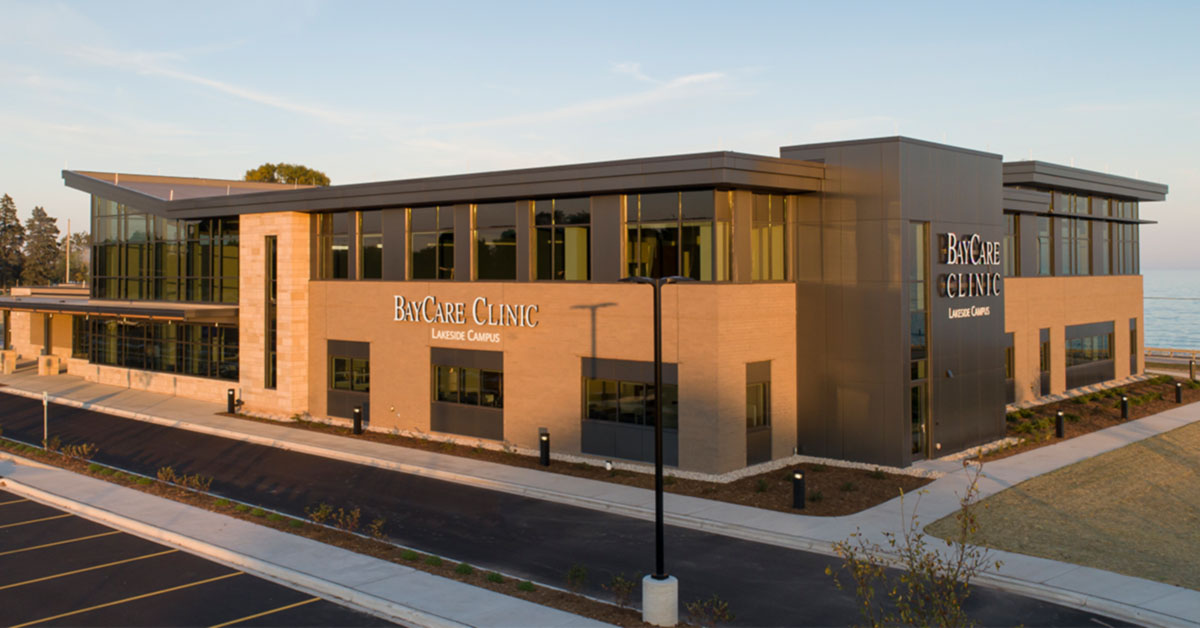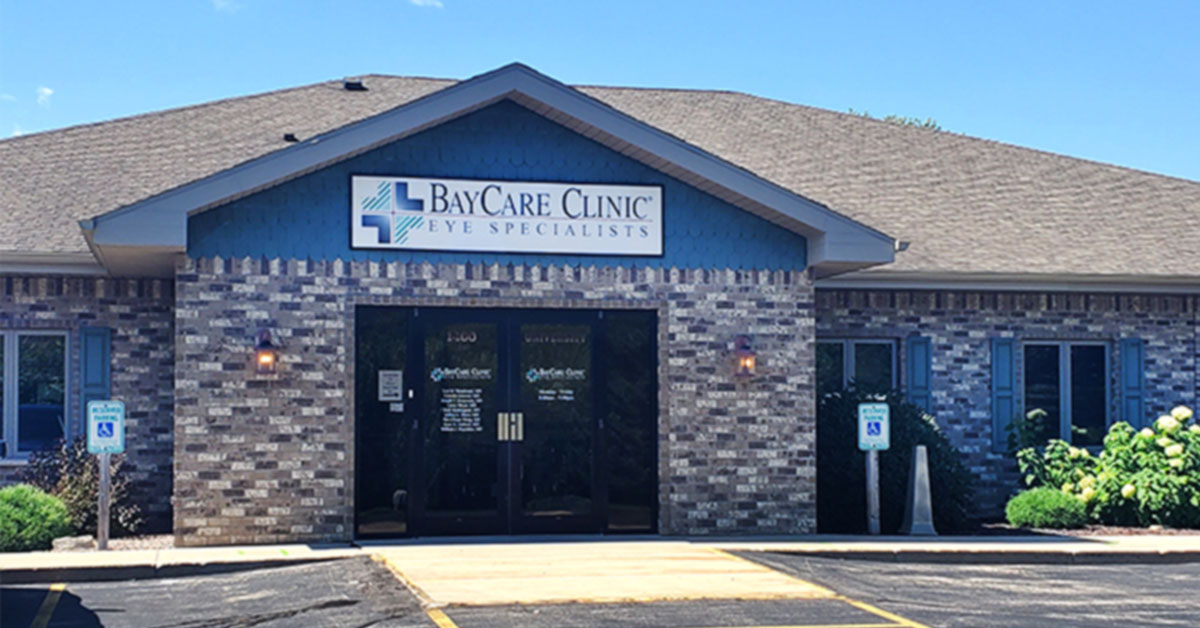Diabetic Exams
Eye Specialists
BayCare Clinic Eye Specialists offers eye exams for people with diabetes
People with diabetes (type 1 and type 2) are at higher risk of developing potentially serious eye issues that include diabetic retinopathy, cataracts and glaucoma.
Why are annual diabetic eye exams recommended?
Early detection and treatment of diabetes-related eye issues help prevent vision loss. Having a diabetic eye exam every year provides consistent monitoring of eye health.
What happens at a diabetic eye exam?
Eye drops will be put into your eyes to dilate your pupils. That allows an ophthalmologist or optometrist to better see the retina and other structures in the eyes. Vision and eye pressure also will be checked.
What is diabetic retinopathy?
Diabetic retinopathy is the most common diabetic eye condition. It is caused by damage to blood vessels in the retina. It can be treated with surgery or laser surgery to slow or prevent its progression.
Diabetic retinopathy is the leading cause of blindness in American adults. Almost half of all Americans with diabetes have some level of diabetic retinopathy. The longer someone has had diabetes, the more likely they are to develop diabetic retinopathy.
Some people with diabetic retinopathy develop macular edema, in which blood vessels in the eye swell and leak fluid, causing blurred vision.
Some people develop proliferative retinopathy, in which new blood vessels grow on the surface of the retina. These fragile blood vessels can break and leak blood, causing significant vision loss.
What can people with diabetes do to preserve vision?
- Have an eye exam every year
- Control blood sugar levels
- Keep high blood pressure under control
- Quit smoking




